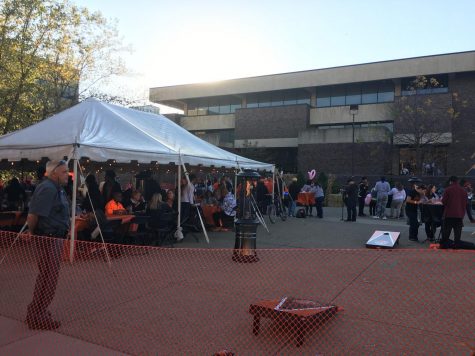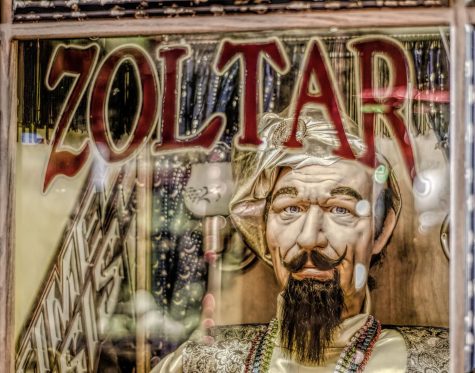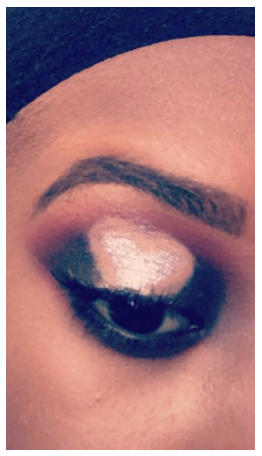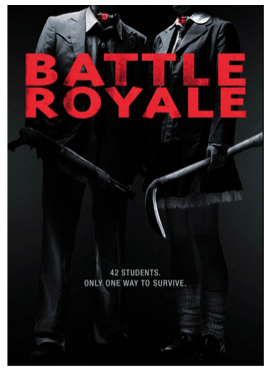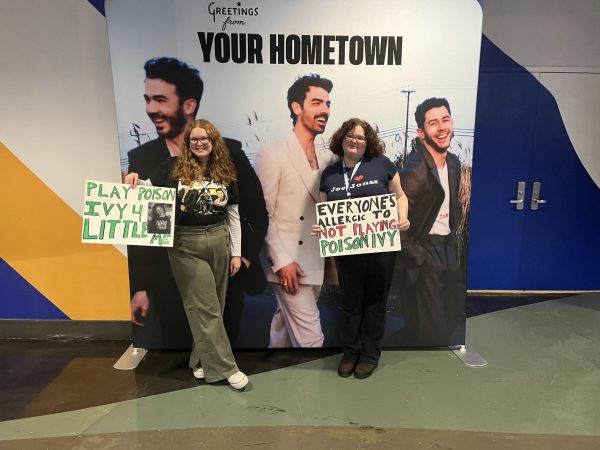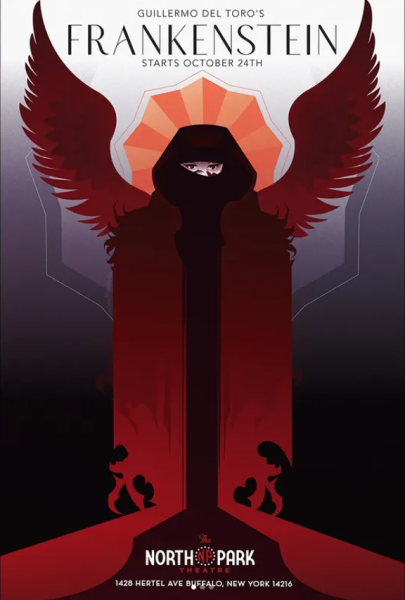In wake of Islan Nettles beating, transgender people still battle for equality
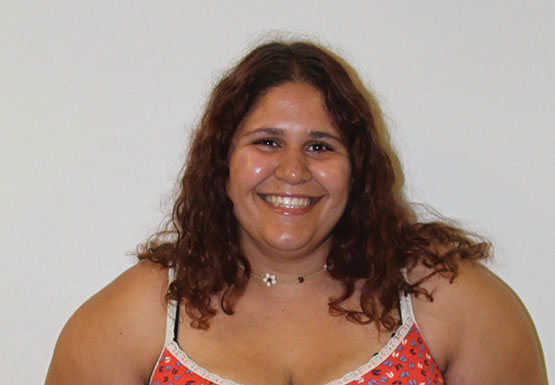
When I was younger, the word “transgender” was not in my vocabulary. In its place were other words to describe those whose gender identity was at odds with their assigned sex — ugly, disrespectful terms that denied trans folk any kind of respect or humanity. Because of that, I unfortunately grew up with a narrow definition of what it meant to be trans, and it was a sharp learning curve once I hit my twenties and met people who were part of the community.
In 2013, the rhetoric has changed slightly for the positive — at least, I was inclined to believe that our embracing the term “LGBT/LGBTQ community” as opposed to simply “gay,” and our pop culture’s slow push to include more trans people in the media (like in the popular Netflix series “Orange is the New Black”), indicated some level of progress.
All of that dissipated with Chelsea Manning’s emergence as a trans woman and the media’s sub-par response, and, last month, the arrest of Paris Wilson, a former Buffalo State student, in the fatal assault of trans woman Islan Nettles. Wilson uttered homophobic slurs at Nettles before beating her so severely that she was declared brain-dead five days later.
Nettles’ death isn’t the first time a trans person has been killed or otherwise hurt because they’ve made the radical decision to be who they are. Look up Brandon Teena, Gwen Araujo, and CeCe McDonald. Each was trans, each was attacked and two were killed; McDonald, a trans woman, is currently in a men’s prison for killing a man in a heated fight that started when the man and his companions started throwing transphobic slurs at McDonald and her friends.
There are doubtless many more where this came from; trans people are almost 30 percent more likely to receive hate violence, according to statistics from the National Coalition of Anti-Violence Programs in 2012. Moreover, 53 percent of anti-LGBTQ murders have been trans women. This is a big part of the reason why trans people tend not to disclose that they are trans — it opens them up to a wealth of bigotry and, potentially, harm and death.
I could go on about the bigger implications behind these statistics, but I’ll keep it brief here — this kind of violence needs to stop, as well as the casual disrespect that has been allotted Chelsea Manning when she elected to come out as trans. The New York Times, Associated Press, and other news outlets, in referring to Manning as “Bradley” (her birth name) and “he,” failed to understand that it doesn’t matter what step a person is in the process of changing his or her gender; it only matters what gender they wish to be referred to as. It’s not difficult to add the “s” and use a different name; if we can accept “Metta World Peace,” we can accept this. Media outlets need to set the example.
We as a society also need to open up our minds and accept people who have different gender identities. They aren’t “freaks” or “disgusting”; they aren’t “he/shes”, either. They’re people; men and women who want to live just like we do — happily. We need to abolish the ridiculous roles and conventions that keep everyone ignorant.
It starts small. Google “transgender,” read about gender identity, look up statistics. Understand that a trans person doesn’t have to disclose their identity to you — but if they do, accept it and move on. Use a person’s preferred pronoun — if she wants to be referred to as “she,” do so. Don’t refuse just because you have some prejudiced notion in your mind that they aren’t “real” men or women, because it’s not for you to decide what makes them “real.” Also, push for health and sex education that covers not just sexual orientation, but gender identity— not education that treats it like it’s a disease or something to be fixed.
Until we do this, we have no shot at preventing what happened to Islan Nettles and those before her from happening again.
Angelica Rodriguez can be reached by email at rodriguez.record@live.com.


